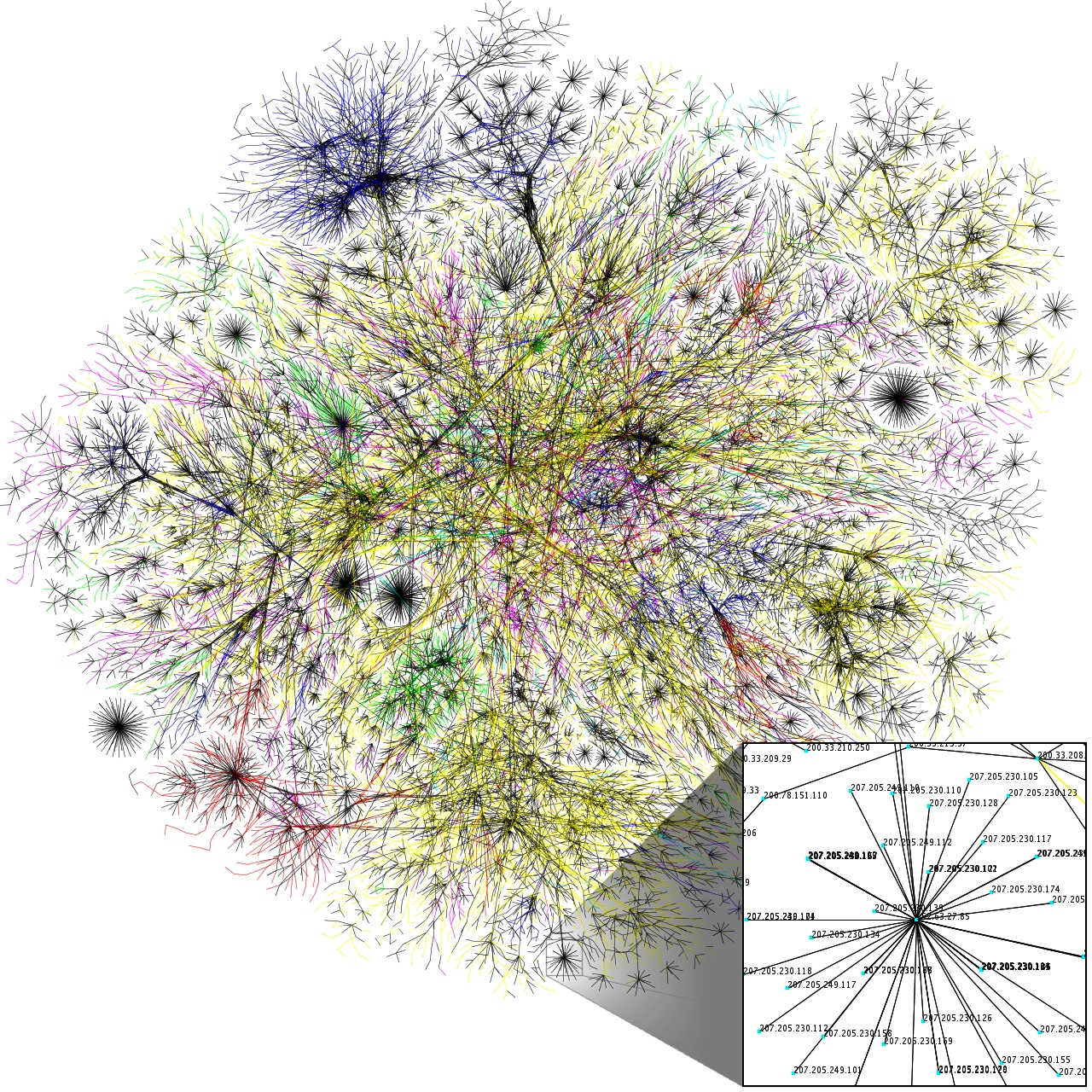Staying in touch with friends and family is easy on the internet. You can send emails anywhere in the world. Or, with a microphone and internet connection, you can make free phone calls online. You’ll find these are often already built into every smartphone and tablet. So, wherever your friends are, the internet lets you stay in touch quickly, cheaply and easily.
Social networking sites like Facebook or Twitter help people keep in touch. Among other things, these sites let you send messages, chat to friends and share photos.
- Online shopping & banking
Most major retailers have a website. They may offer a wider range of products at lower prices online than they do on the high street. All you have to do is decide what you want, pay and you can have it delivered straight to your door. Whether you want to buy a new TV or just do your weekly food shop, you can do it all online.
Internet banking is an easy and secure way of managing your finances at any time of the day or night, seven days a week. You can pay bills, set up and change direct debits and standing orders, or just check your balance.
Not only is this incredibly convenient, you are able to shop or bank at a time that suits you, from any location, but can be a life-saver for those who are unable to physically make the trip to the bank or shop, perhaps through illness or family commitments.
Nowadays a vast number of services have been moved online. Whereas before you could go to an office, or even phone them and speak to someone, now you will be told to ‘go online’. From government departments to even seeing your doctor, registering for college or even contacting the police, these will involve you submitting your request using their website.
 You hear the term ‘online’ everywhere, but what does it mean and how do you join in? Lets discover the Internet, and how to ‘be online’, and all while staying safe and secure.
You hear the term ‘online’ everywhere, but what does it mean and how do you join in? Lets discover the Internet, and how to ‘be online’, and all while staying safe and secure. To be online and to access the internet, you need an internet connection.
To be online and to access the internet, you need an internet connection.